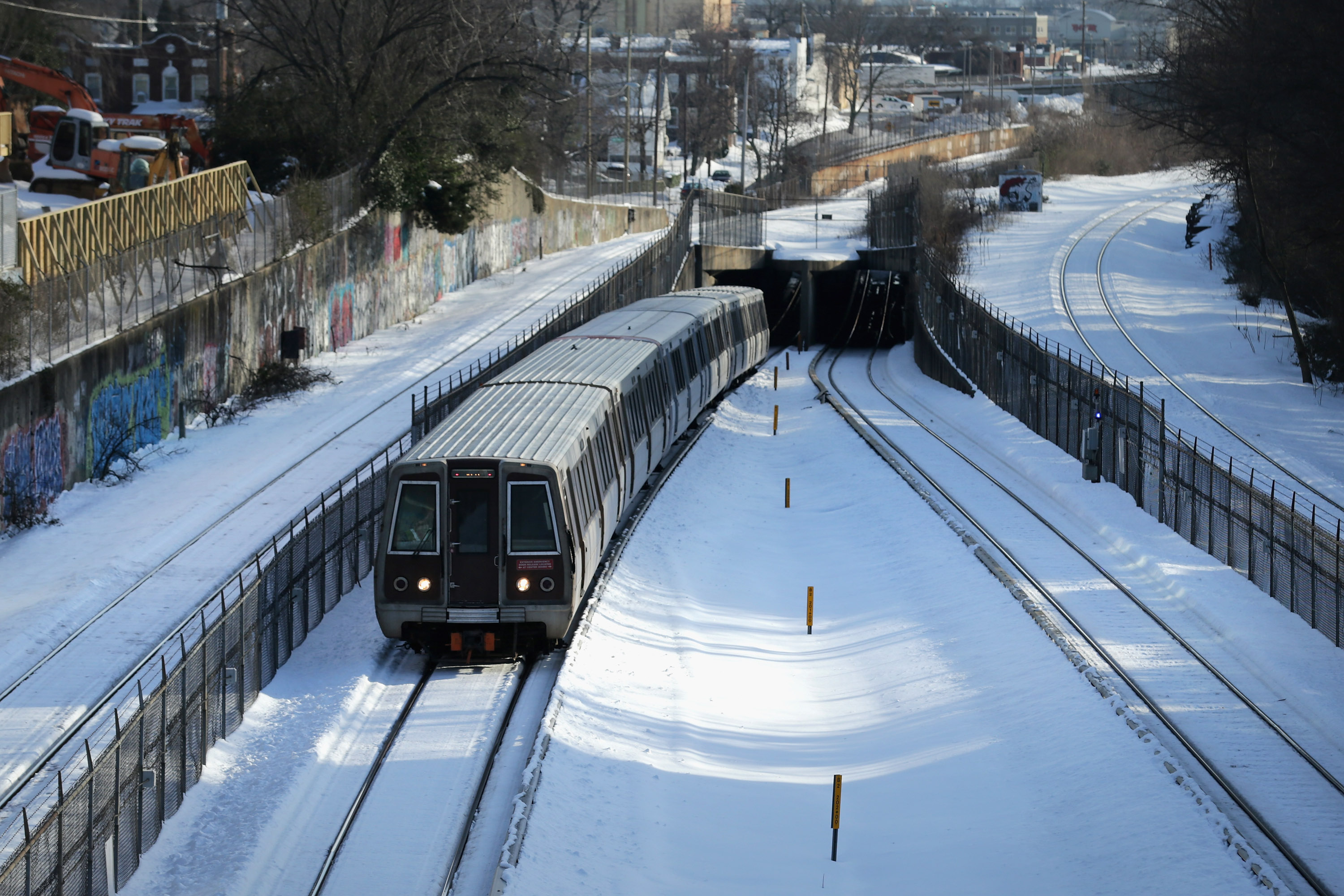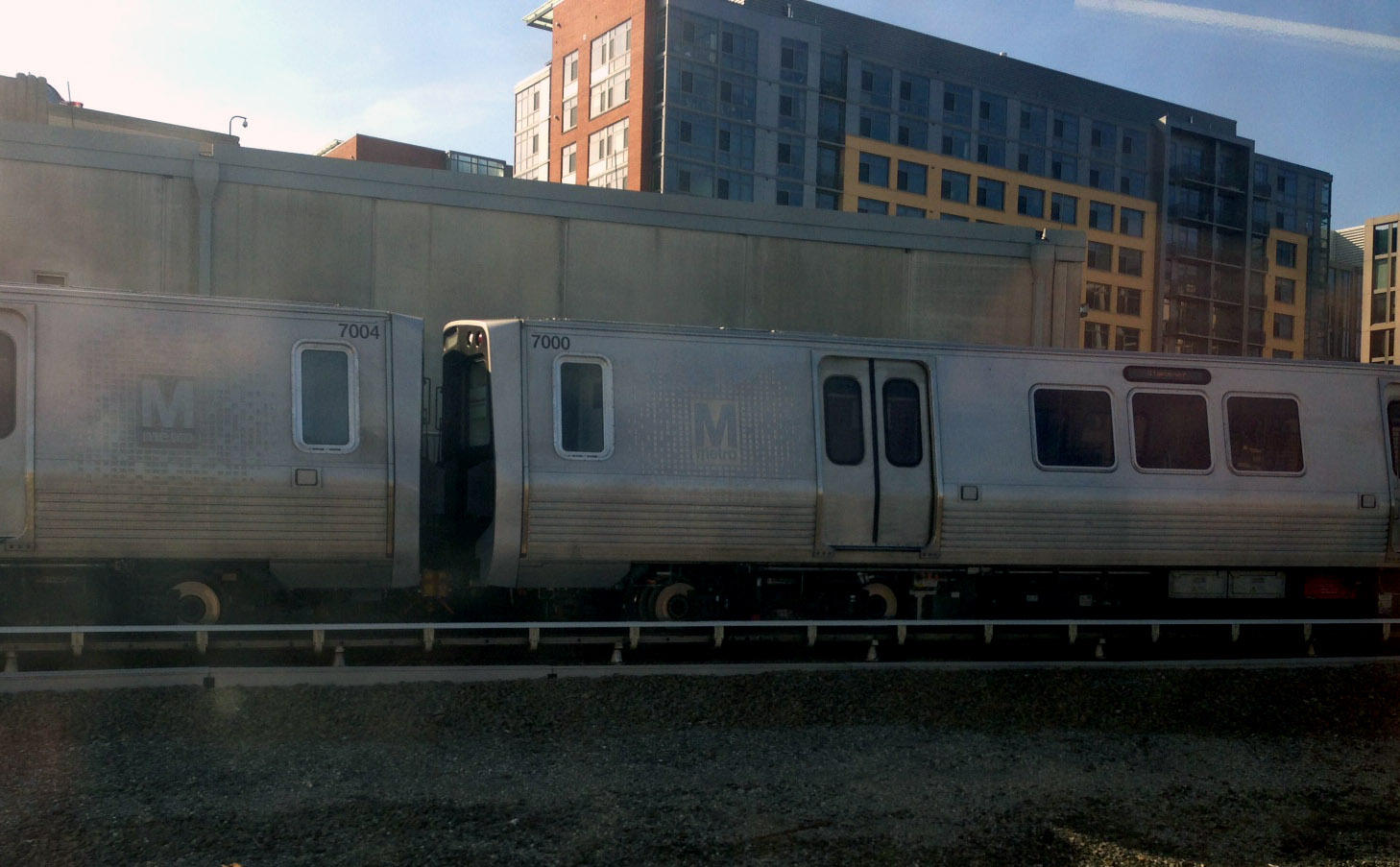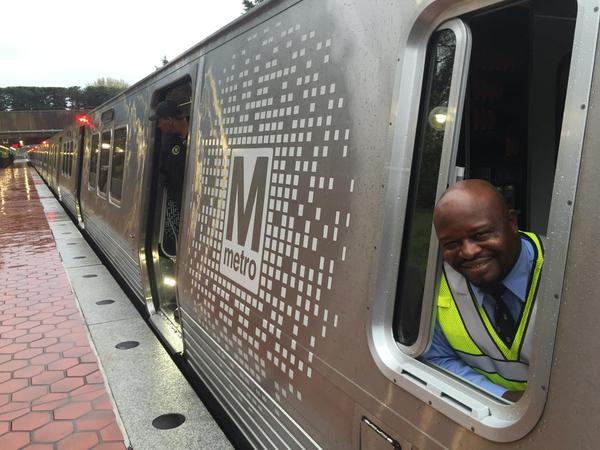WASHINGTON — Metro’s brand new cars are still coming in much more slowly than planned, and even with a shake-up of Metro’s leadership, problems keeping older cars in service mean more Metro riders are standing on crowded platforms longer or sitting on more trains that will “be moving momentarily.”
Metro General Manager Paul Wiedefeld says the agency still cannot always meet its goal of 954 available railcars needed each day to run full scheduled service, although he says that on many days where Metro does not meet the goal it is “close,” falling just a few trains short.
“That’s one issue … making sure you’ve got enough to get out there, and then as things go, things do happen,” Wiedefeld says.
The man in charge of rail operations left Metro Thursday shortly after speaking with reporters. An internal memo says Wiedefeld accepted Deputy General Manager Rob Troup’s resignation.
Troup helped implement many plans for safety fixes following the deadly smoke incident near L’Enfant Plaza last year. Also he helped with the commissioning of the new 7000 Series railcars that are being delivered more slowly than planned from the manufacturer.
Troup said Thursday morning that Metro now has 80 7000 series cars available for passenger service, and 16 more being commissioned in Metro yards. But Metro only received eight of the new cars from Kawasaki last month, half of what was originally planned, and just three-quarters of Metro’s reduced goal of 12 cars per month.
“We’re very pleased with that amount of production, and what we’re seeing coming off the line: our ability to get a car in and not have a whole lot of these minor issues be pushed into our commissioning facility, we’re seeing a much better car coming off the assembly line,” Troup said.
Metro has complained that the initial cars delivered had problems with their assembly and software, among other issues.
The delays mean Metro’s oldest cars are still heavily used across the system, despite a years-old recommendation from the National Transportation Safety Board that the cars be retired.
Wiedefeld, who became Metro’s general manager this fall, plans to meet with top Kawasaki leaders in the next few weeks at the Nebraska plant where the new cars are being built.
“I want you to come to Lincoln, Nebraska, out of New York or Japan, to meet me there, to get these things rolling off the production line at the level that we want it to roll off. I think it’s important to grab people by the lapels sometimes and make those points,” Wiedefeld says.
He says he believes there is the “potential” that the delivery of the new cars could pick up over the coming months, but that he is not ready to commit to that.
Members of the region’s U.S. House delegation sent a letter to Kawasaki Wednesday urging the company to “work expeditiously with Metro to resolve any outstanding issues.”
Also, the letter asks for regular updates from the company because the delegation says any delays for the cars would “undermine” efforts to maintain $150 million in annual federal funding for Metro’s capital budget. The money is mainly aimed at following through on safety recommendations such as introducing the 7000 Series cars to replace the 1000 Series.
Metro now has a significant number of new leaders on board.
The agency is close to hiring a new chief safety officer to fill a position left vacant after a resignation this summer tied to a preventable derailment. Also, D.C. Councilmember Jack Evans took over as the chair of the Metro Board of Directors last month.
“I think that’s all part of this new general manager creating the new team to make sure that this is a success,” Sen. Tim Kaine, D-Va., tells WTOP.
The Federal Transit Administration said last week that Metro had missed some deadlines for plans to fix key safety issues.
“To the extent that it’s not moving fast enough, they need to call that out. But we also have to be realistic enough to recognize that this new individual is building a new team,” Kaine says.
Negotiations and discussions between Metro and the FTA have created a fluid timeline for when Metro action plans to address safety concerns are absolutely due, but Kaine doesn’t want that to slow down progress.
“No new general manager can be Houdini and wave a magic wand and everything’s fixed. But I do have confidence in this new general manager,” Kaine says.
WTOP’s Kristi King contributed to this report.








